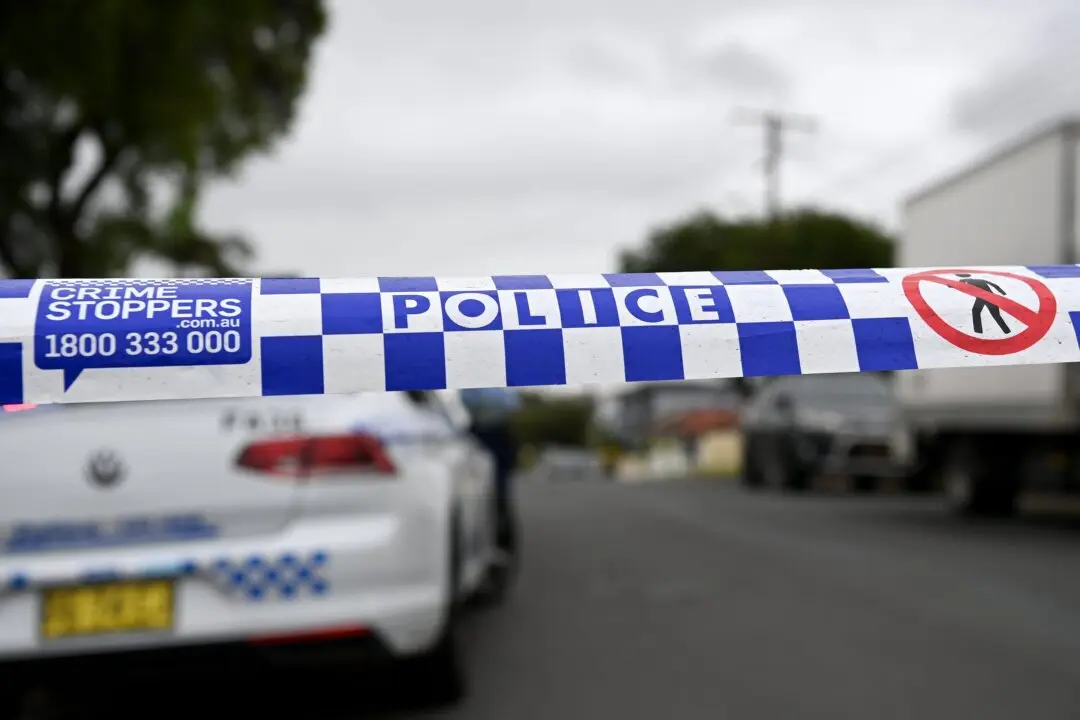Legislation to place a cap on political donations and election campaign spending has passed in Queensland parliament, but do not take effect until 2022.
The legislation, which passed in state parliament late on Thursday, will limit the amount a person or body can give to a political candidate or party.





